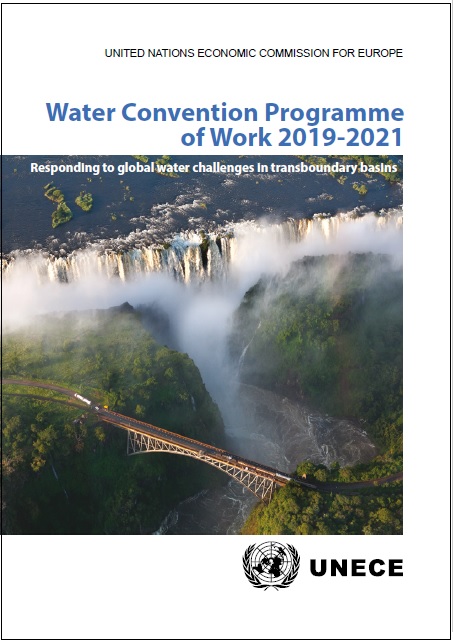
Transboundary river and lake basins account for nearly half of the earth`s land surface and generate roughly 60 per cent of global freshwater flow. There are also more than 600 shared aquifers. Forty percent of the world`s population lives in shared basins. These shared waters create environmental, social, economic and political interdependencies.
Transboundary waters in many areas of the world are however not used sustainably and cooperation in many transboundary basins is not adequate to tackle the existing and emerging challenges. The situation is projected to aggravate in the coming decades owing to increasing pressures from population growth, agriculture, energy production and the impacts of climate change.
Transboundary water cooperation is therefore increasingly vital to prevent conflicts and ensure effective and sustainable management of shared resources.
The Water Convention provides a key legal and intergovernmental framework for promoting transboundary water cooperation, the sustainable management of shared water resources and has proven its effectiveness over the past 25 years. The Convention, which became available for accession by all United Nations Member States in 2016, fosters the implementation of integrated water resources management, particularly through the basin approach, and is a powerful tool to promote and operationalize the achievement of the 2030 Agenda for Sustainable Development and its Sustainable Development Goals. It supports in particular the implementation of SDG6 and other related Goals such as SGD2, SDG3, SDG7, SDG13, SDG15, SDG16 and SDG17.
This brochure summarizes the Programme of Work for 2019-2021 under the Water Convention adopted at the eighth Meeting of the Parties to the Convention (Astana, 10-12 October 2018). The programme of work is intended to support the implementation of the Convention and its principles, with the overall objective that transboundary waters worldwide are managed in cooperation between riparian countries to promote sustainable development, peace and security.
ECE/MP.WAT/NONE/14
Download the brochure in English, French, Russian and Spanish.